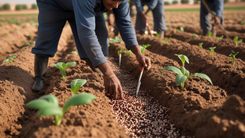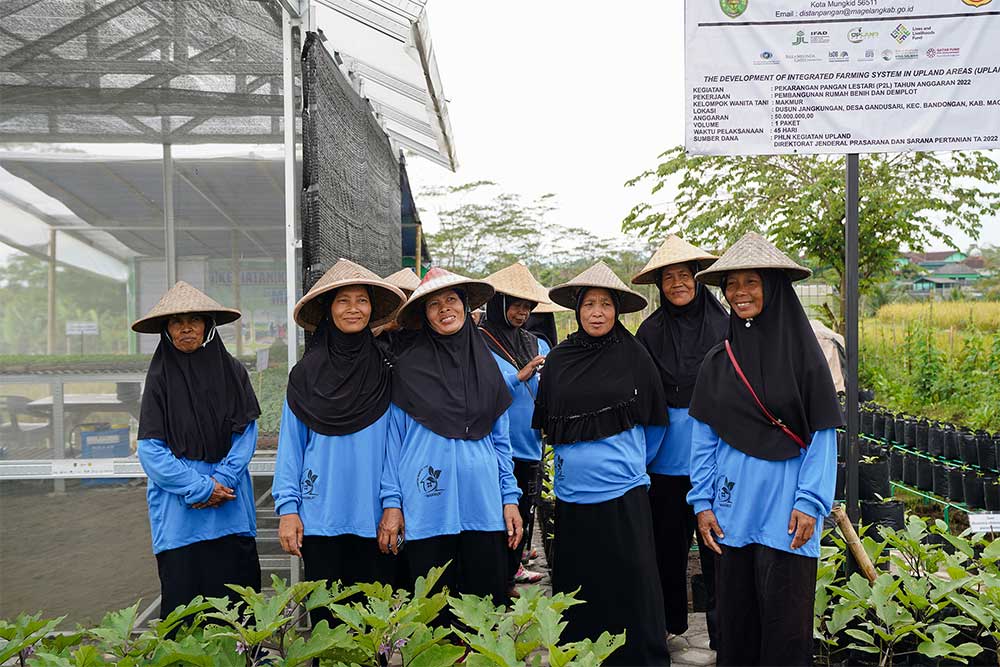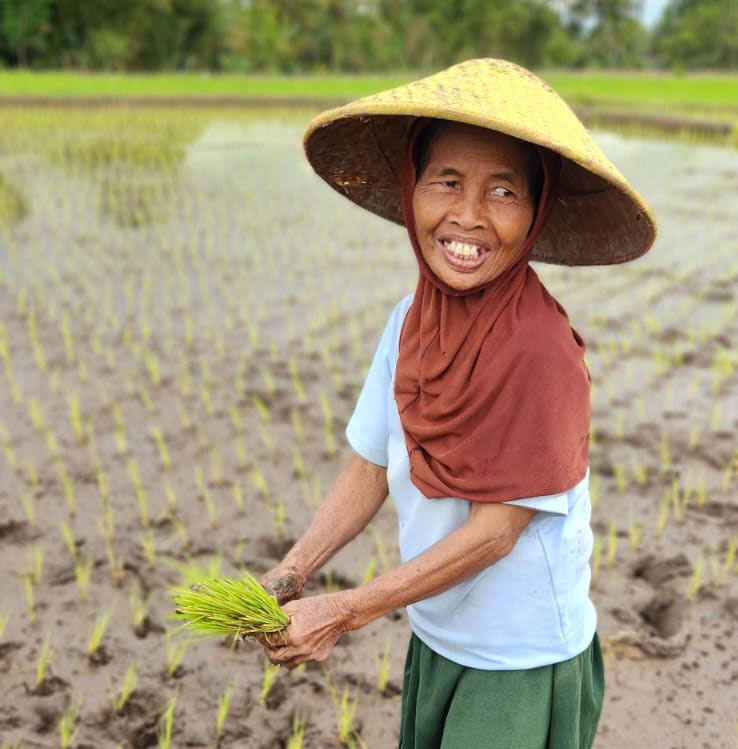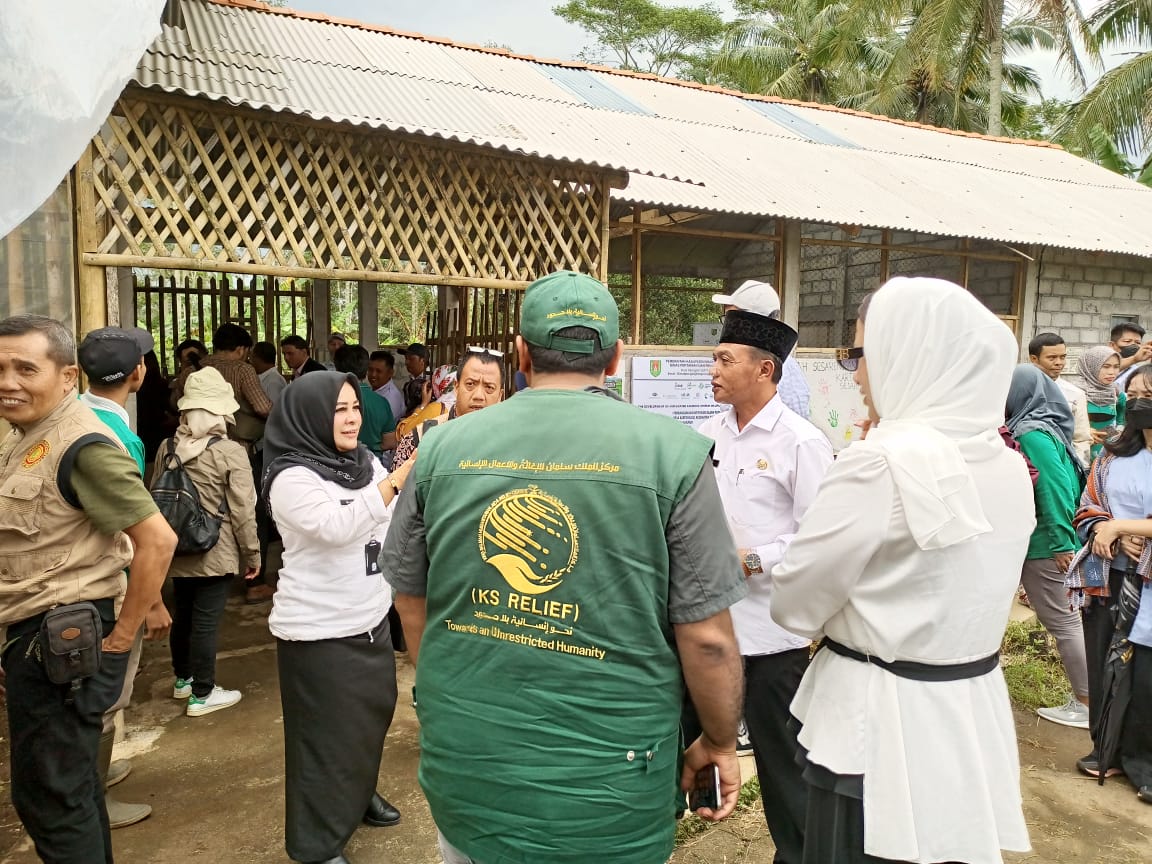Latest updates
Sowing Safety, Securing Futures
Morocco’s inclusive rural growth project serves as a strategic blueprint for food security on world food safety day.
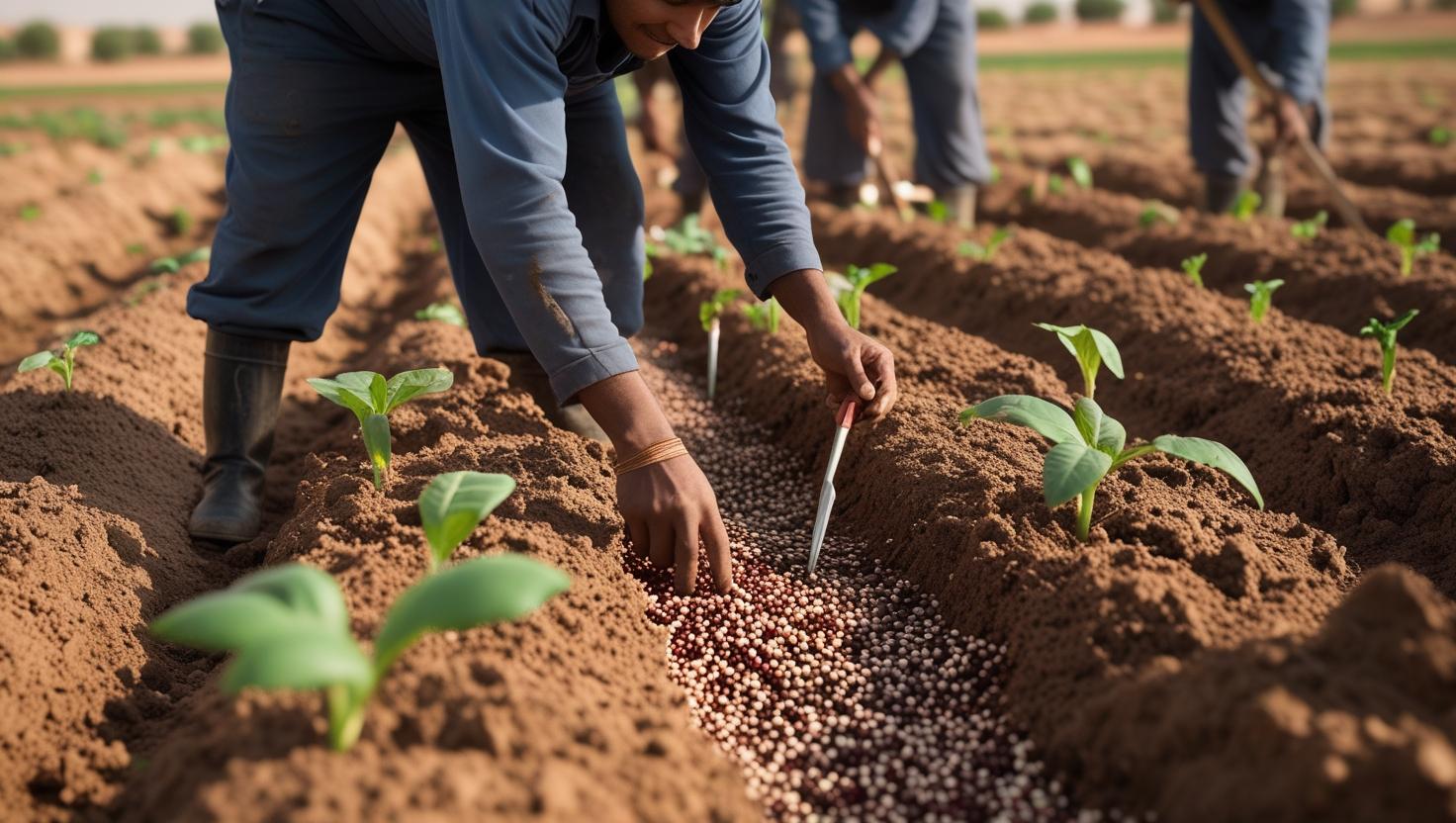
On June 7, 2025, World Food Safety Day brings global attention to the intricate systems that ensure food is safe, sustainable, and accessible.
In Morocco’s Tanger-Tétouan-Al Hoceima region, the Inclusive Rural Growth Project, funded by the Lives and Livelihoods Fund (LLF)- with a US$ 112.36 million investment, stands as a strategic cornerstone in advancing food security. Now 81% complete, the project integrates agricultural innovation, infrastructure development, and health advancements to strengthen food safety while tackling poverty and inequality.
During a donor mission in February 2025, LLF witnessed the project’s impact firsthand, highlighting not only its local significance but also its deeper strategic value to both Morocco’s development trajectory and global efforts to build safe and resilient food systems.
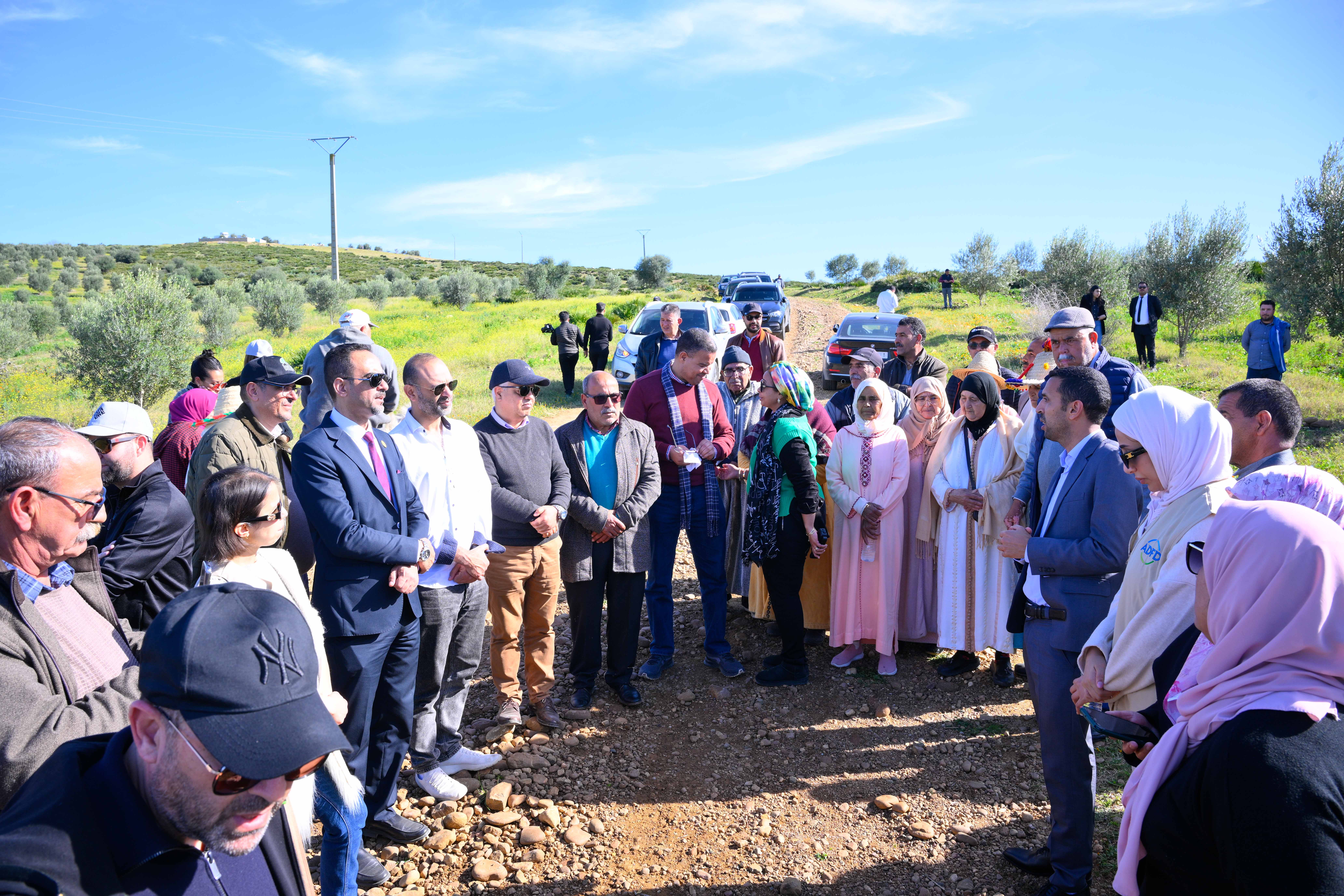
Food Safety as a Strategic Imperative
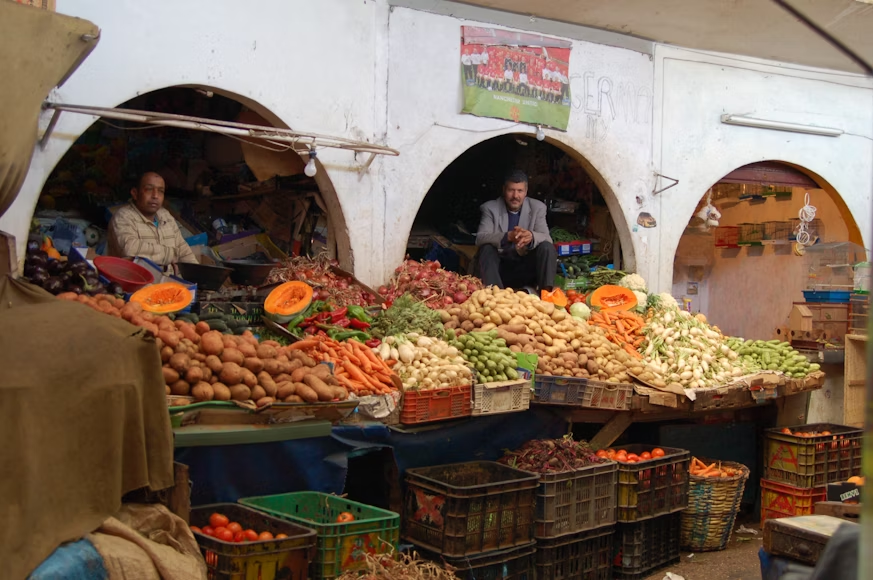
Food safety is not merely a technical concern but a strategic pillar for economic stability, public health, and global trade. According to the World Health Organization, contaminated food leads to an estimated US$110 billion in annual productivity losses and healthcare costs within low- and middle-income countries. In Morocco, where agriculture employs nearly 40% of the workforce and contributes 14% to GDP, ensuring safe food systems is critical to national resilience. The LLF-funded project aligns with Morocco’s Green Generation Strategy (2020-2023), which prioritizes digital agriculture and sustainable value chains to enhance food safety and market competitiveness.
Through the development of 650 hectares of high-value crops such as olives and peanuts, the project has empowered 850 smallholder farmers to transition from low-yield grains to crops that are both economically viable and less prone to contamination.
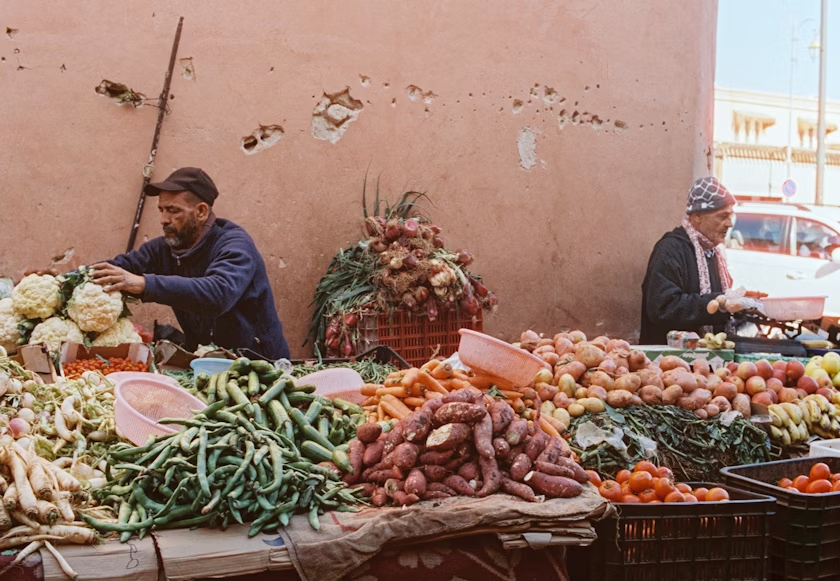
Mohammad Jawabreh of the Islamic Solidarity Fund for Development (ISFD) further emphasized the link between food safety and poverty alleviation, saying “Food safety is fundamental to poverty alleviation. The Inclusive Rural Growth Project in Morocco exemplifies how strategic investments in agriculture and infrastructure can build resilient food systems, empower communities, and protect public health.”
Furthermore, the Tassift irrigation perimeter, which is now 86% complete, optimizes water use, thereby minimizing the risk of waterborne pathogens that threaten crop safety. “The precision in water management we observed in Tassift is remarkable,” noted Eng. Zainab Al Dhanhani of the Abu Dhabi Fund for Development (ADFD) during the donor visit. “It’s a strategic intervention that ensures crops are grown in safer conditions, directly contributing to Morocco’s food security goals.”
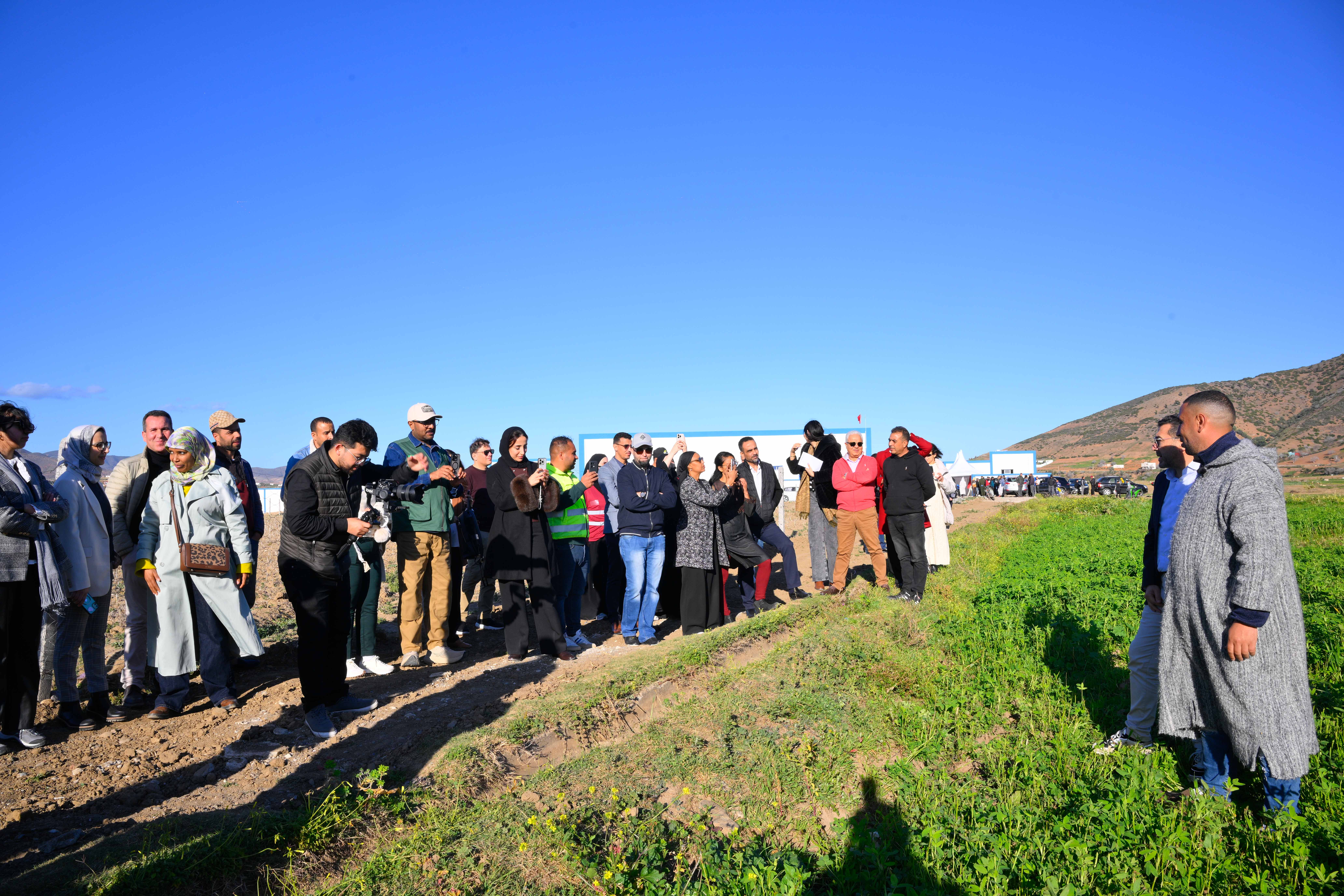
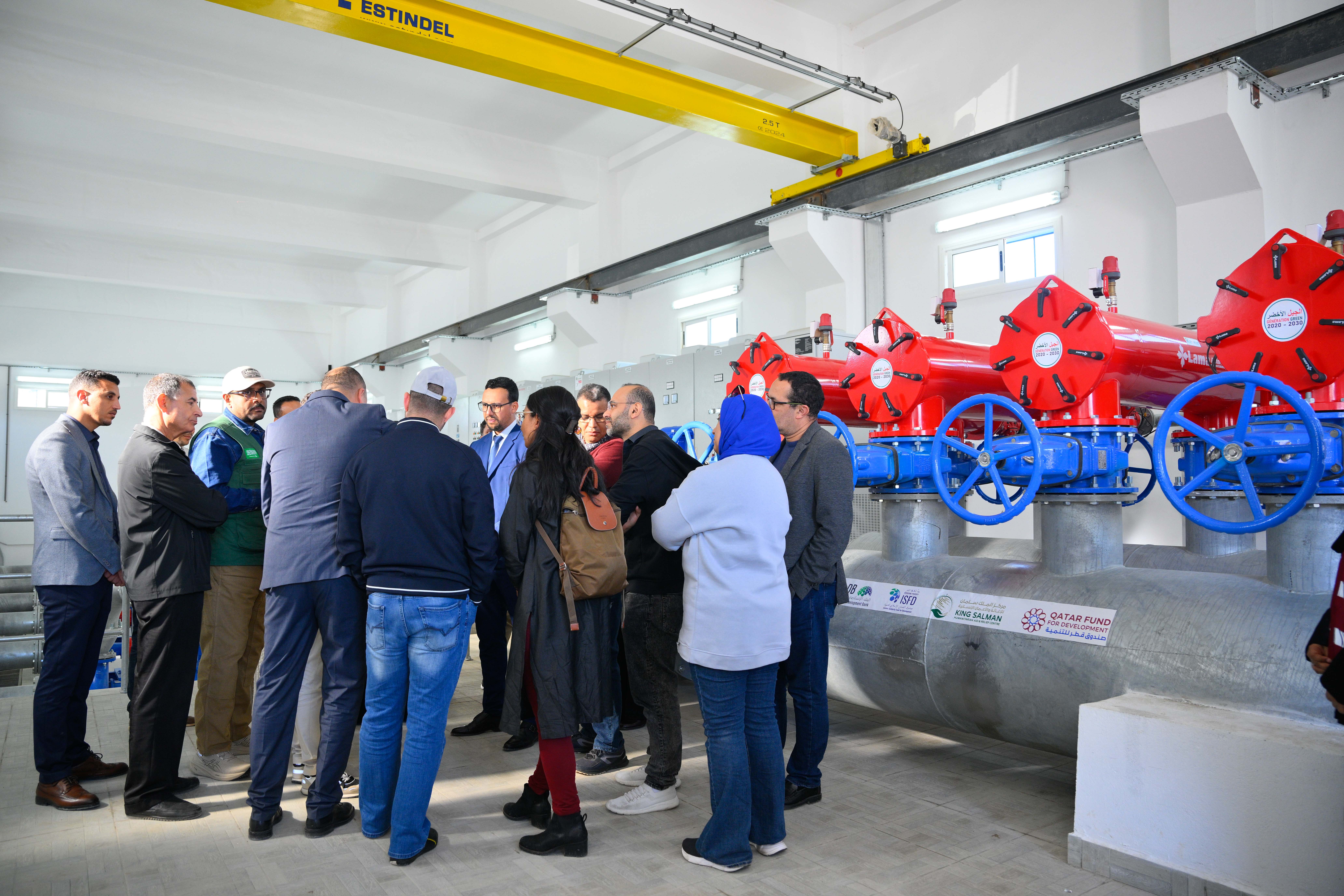
Infrastructure and Connectivity: A Global Benchmark for Food Safety
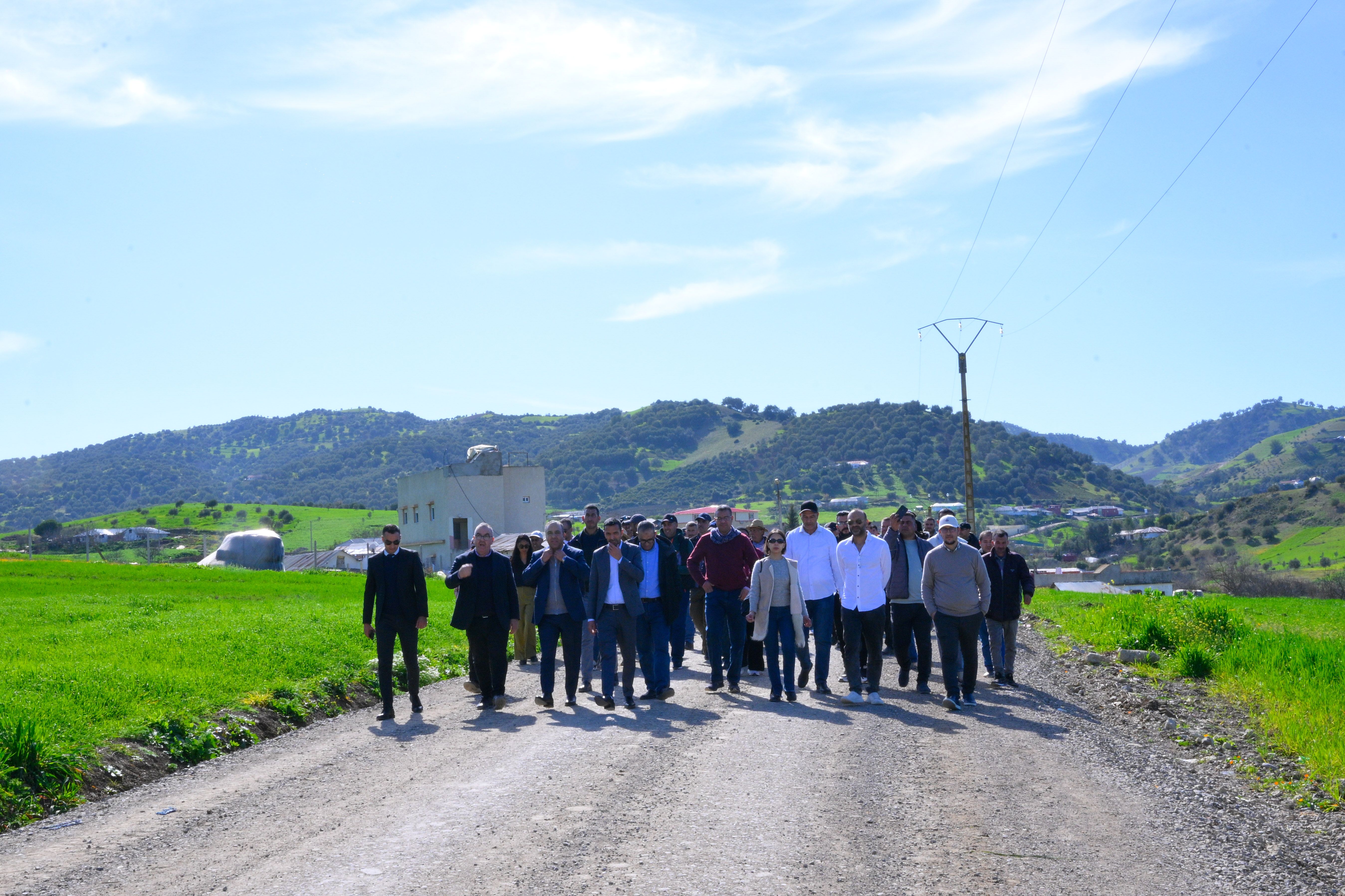
The project’s construction of 235.8 kilometers of rural roads – exceeding the original 217-kilometer target – addresses a critical bottleneck in food safety: post-harvest losses. According to the FAO, up to 14% of food is lost globally, between harvest and market due to inadequate infrastructure. In Ouazzane, where donors visited a newly developed 4-kilometer road connecting farmers to markets, locals reported faster transport times, preserving produce quality and reducing spoilage. This infrastructure not only enhances local food safety but also positions Morocco as a reliable supplier in global markets, where safety standards are non-negotiable.
Following the visit Ms. Zahira El Marzouki of the Gates Foundation said: “The new rural roads we saw are a game-changer. They ensure produce reaches markets swiftly, maintaining its nutritional integrity. This is a model that can be emulated to strengthen food supply chains.”
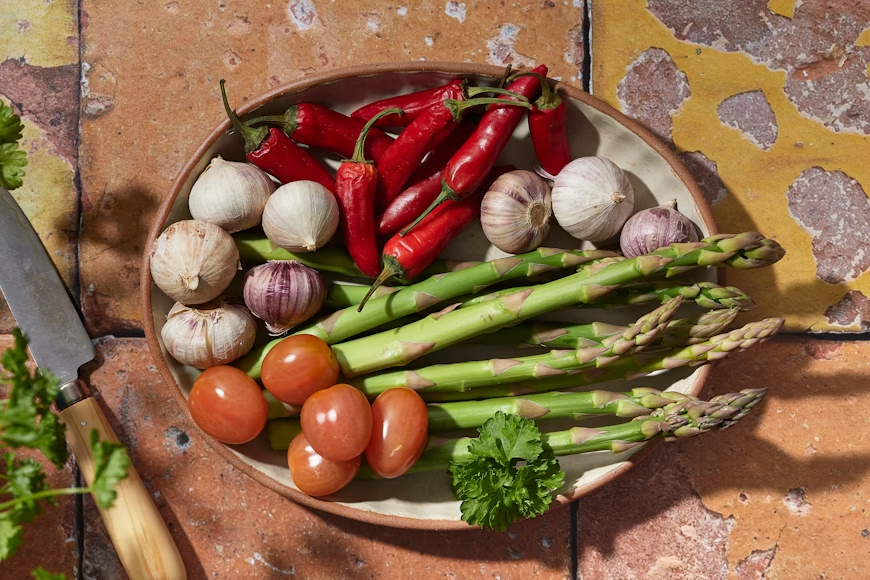
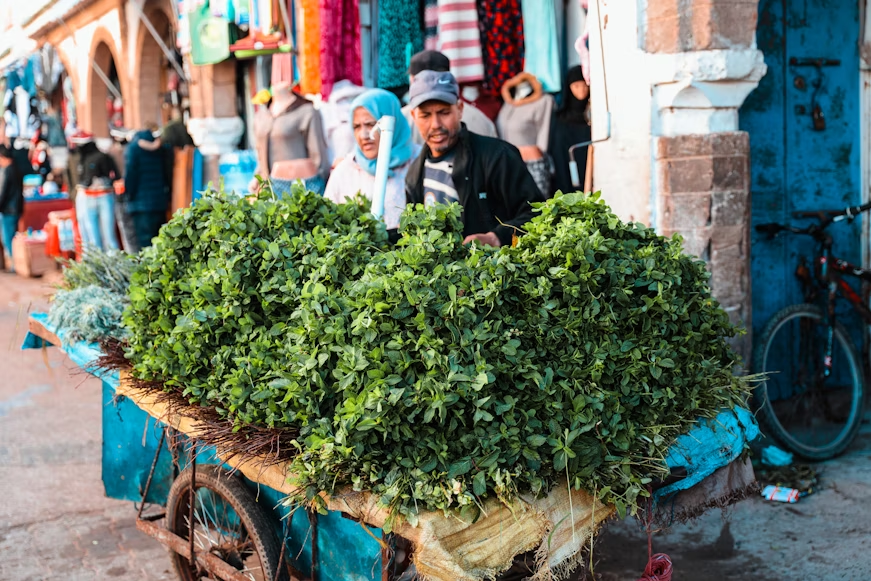
By integrating rural communities into broader economic networks, the project supports Morocco’s ambition to expand agricultural exports, which are projected to reach $3.5 billion by 2030, while adhering to stringent international safety protocols.
Health and Food Safety: A Synergistic Nexus

Food safety is inseparable from public health. The World Health Organization has estimated that contaminated food causes 600 million cases of foodborne illness annually. The LLF-funded project has taken health into consideration by upgrading 27 rural dispensaries, deploying 12 mobile medical units, and advancing the Ouazzane Provincial Hospital to 60% completion, thereby creating a robust framework for monitoring and preventing food-related health risks.
Highlighting the interconnection between food safety and public health, Turki Bin Snaid from KSrelief noted, “The roads and health facilities built through this project are more than infrastructure; they are lifelines that ensure safe transportation of food and ultimate protection of communities from foodborne risks. This is reflective of KSrelief’s commitment to humanitarian impact through sustainable development.”
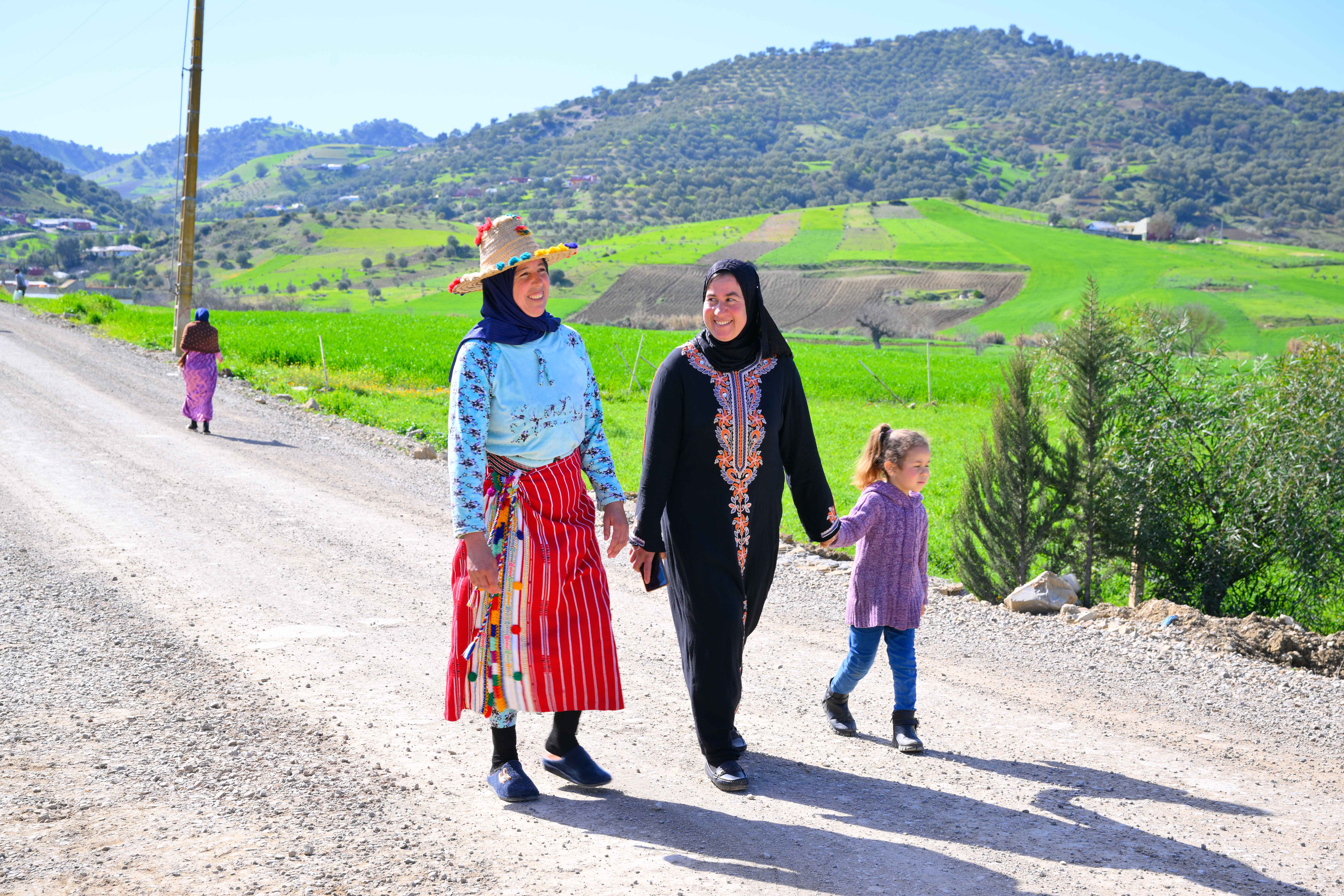
This synergy is strategic for Morocco’s national health agenda, which aims to achieve universal healthcare by 2030, aligning as well with preparations for hosting the FIFA World Cup.
“The integration of health services with agricultural development is a strategic masterstroke,” said Ms. Shamsa Al-Falasi from Qatar Fund for Development (QFFD). “It affirms that food security is not solely a matter of production, but also of safeguarding the well-being and livelihoods of communities through sustainable and inclusive solutions.
Women Empowerment Through Knowledge Transfer
The project equips farmers with tools to adopt safe agricultural practices, such as pest management and post-harvest handling. This knowledge transfer is particularly impactful for women, who make up a significant share of the agricultural workforce in TTH and are now economically empowered through cooperative-led initiatives.
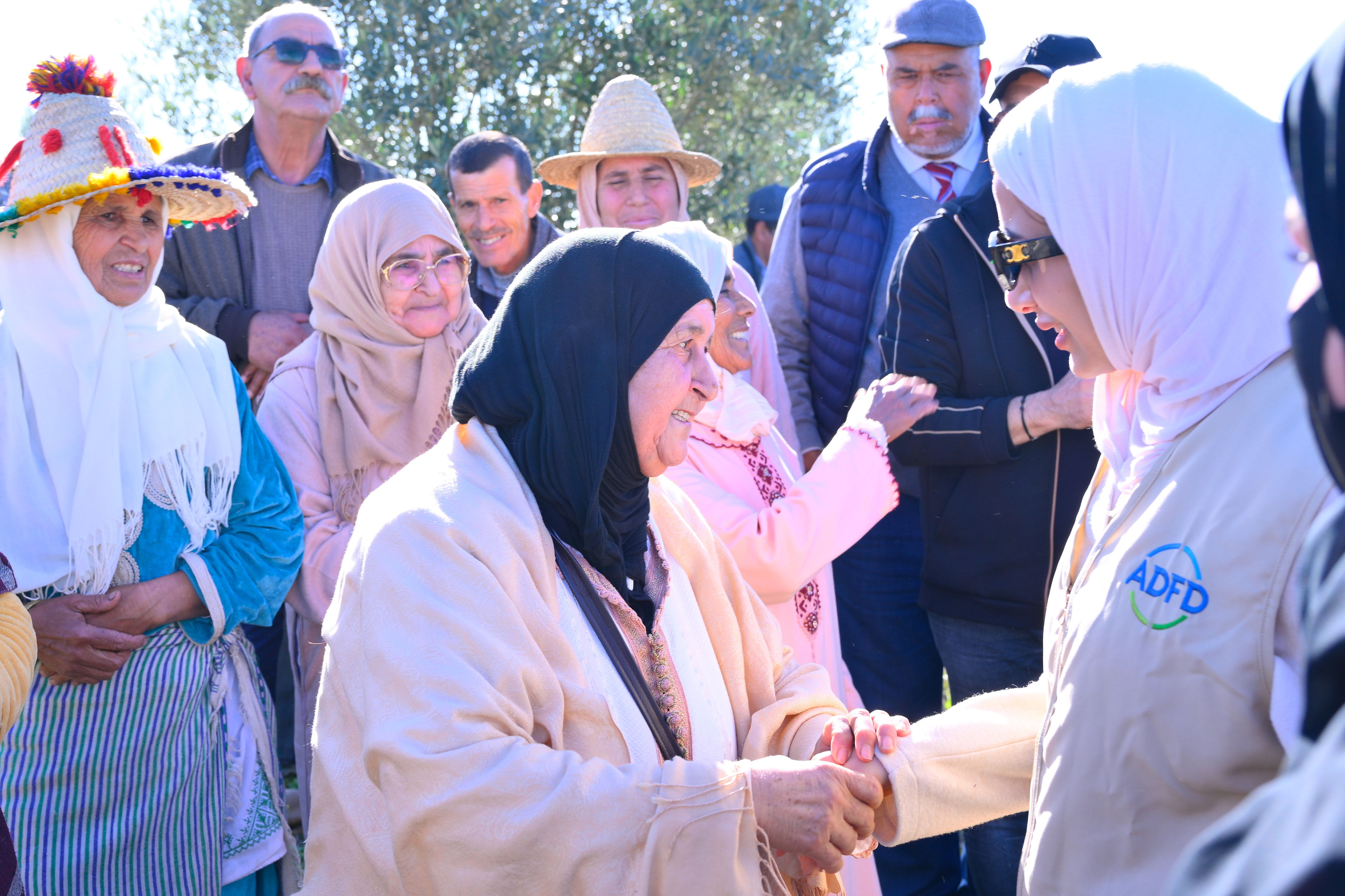
Globally, women’s involvement in agriculture is linked to improved food safety outcomes, as they often prioritize quality and hygiene in production. The project’s focus on gender equity thus has significant implications, positioning Morocco as a leader in inclusive food systems. “The women farmers we met in Ouazzane are not just beneficiaries; they’re agents of change,” Al Dhanhani observed. “Their adoption of safe farming practices is building a foundation for Morocco’s agricultural future.”
A Global Model for Food Safety Day
The project’s strategic value lies in its holistic integration of agriculture, infrastructure, health, and economic empowerment, addressing food safety as a multidimensional challenge. Its alignment with Morocco’s national priorities, including rural development, export growth, and universal healthcare, makes it a scalable blueprint for other nations. On the global stage, where climate change and population growth strain food systems, the project’s emphasis on water-efficient irrigation and resilient crops offers insights for sustainable and secure food systems.
The donor mission underscored this broader relevance. “Morocco’s project is a microcosm of what global food safety demands: coordinated, inclusive, and forward-thinking systems,” said El Marzouki. “It’s a reminder that safety starts with the soil and ends with the consumer, with every step in the chain carefully orchestrated.”
Reflecting on World Food Safety Day
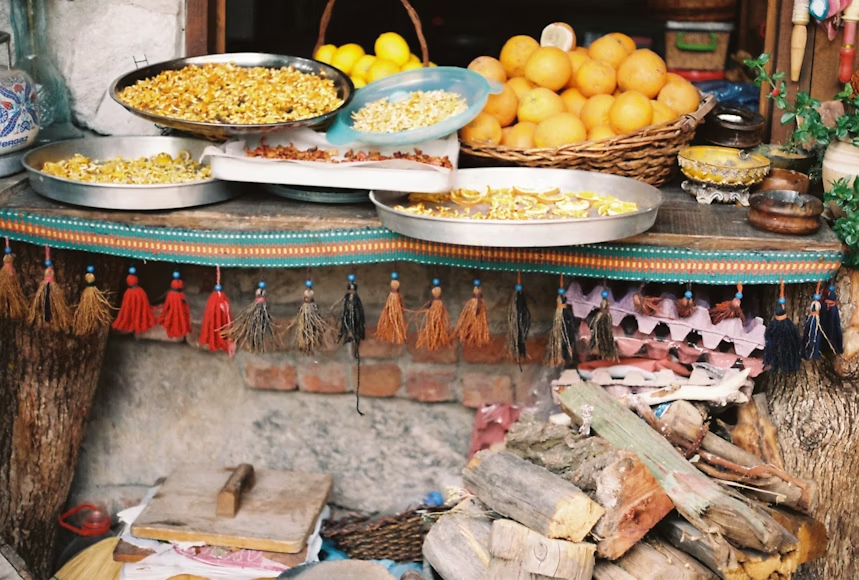
As World Food Safety Day invites global reflection, Morocco’s LLF-funded Inclusive Rural Growth Project reframes food safety as a strategic imperative rather than a peripheral concern. By weaving safety into the fabric of rural development, Morocco is not only strengthening its own food systems but also contributing to global dialogues around resilience and equity. The project’s success is rooted in partnerships between the LLF, Moroccan ministries, and local communities, illustrating that food safety is a collective endeavor.
For policymakers and development practitioners, the message is clear: investments in food safety must be systemic, addressing the entire chain from production to distribution to consumption.
On this World Food Safety Day, Morocco’s experience provides a compelling call to action: to cultivate safety is to secure the future, one harvest, one road, one community at a time.
Related articles
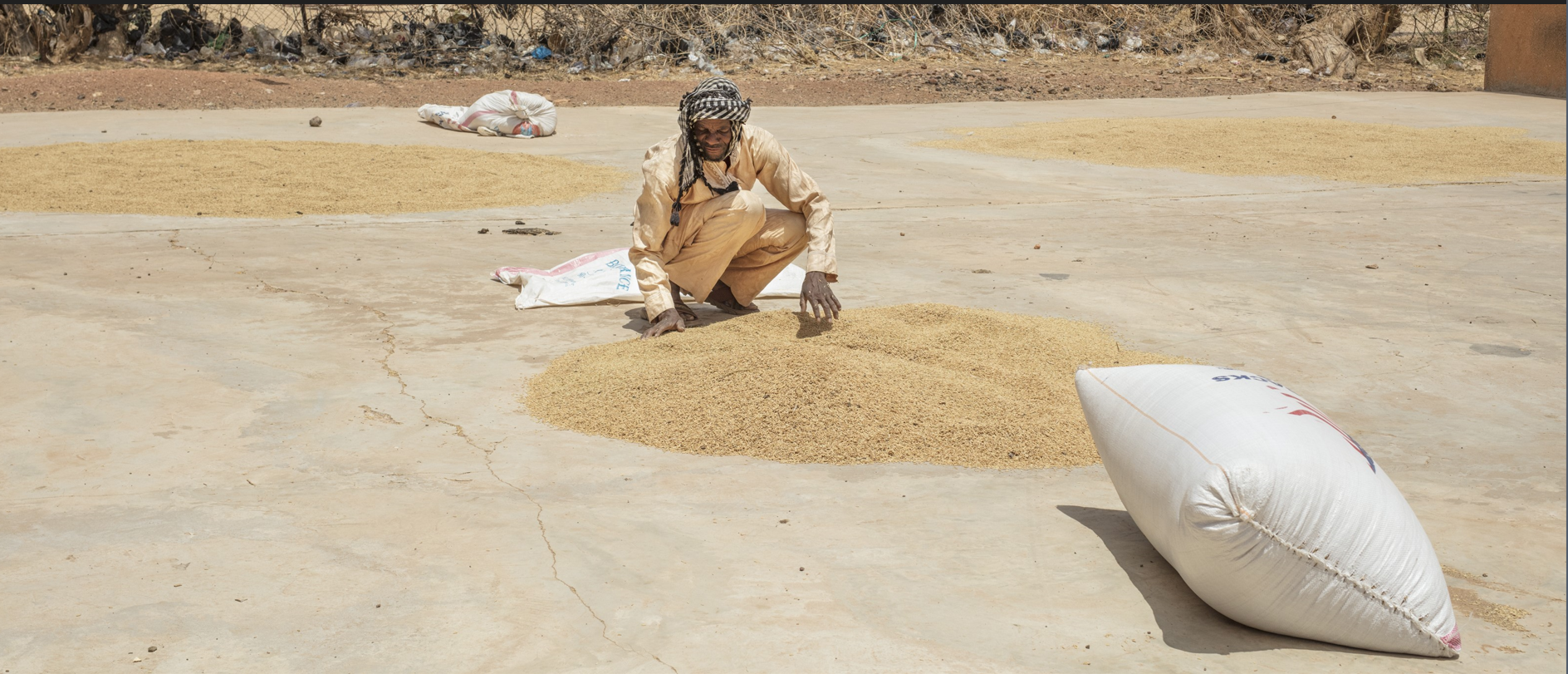
Agriculture
Islamic Development Bank, Lives and Livelihoods Fund and the government of Benin announce US$20mn investment to develop integrated agriculture value chains for profitable food system in Benin
23, January 2024
Cookies
By browsing our website you accept our Terms and Conditions
